National Overview
The northward push of migrants east of the Rockies continued in earnest last night. More Trans- and Circum-Gulf migrants moved up through Texas, and Caribbean migrants on strong east winds came into the Florida Keys and western peninsula this morning, while some will arrive in the panhandle and points farther west later today. For the most part migration was widespread across the eastern two-thirds of the country, but the heavy storm activity along the major frontal boundary will cause some fallouts this morning where birds and storms intersected. On the left coast things were moving as well; more so in the Central Valley of California than the Pacific NW which remains under some stormy weather. Be sure to check with the regional experts to get a closer look at what was going via the links in the right sidebar of this page, or the same ones at the bottom of this post.
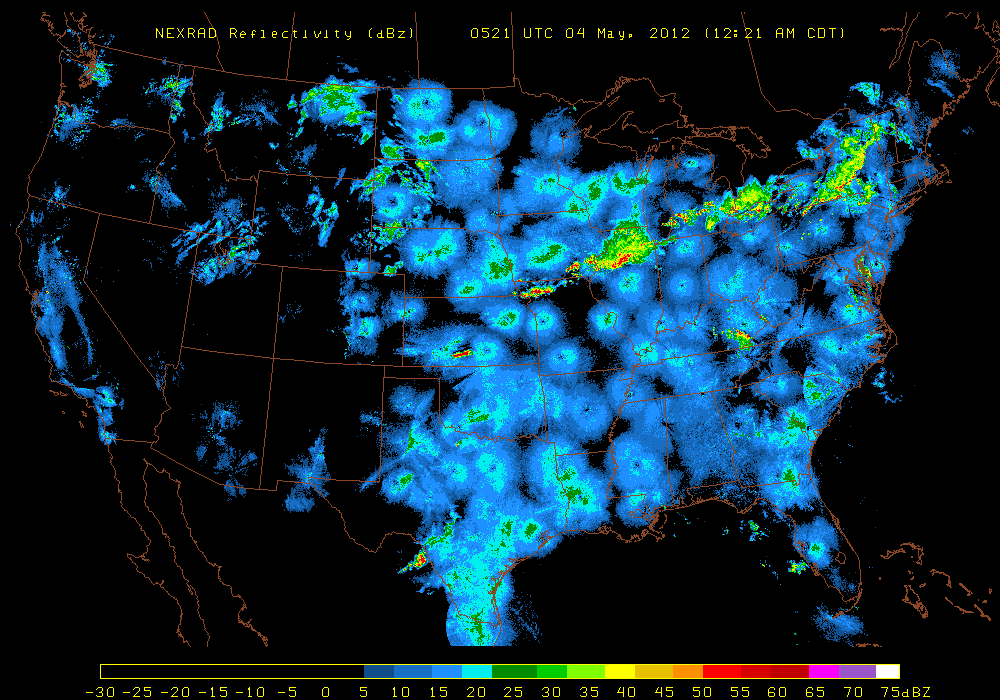
Below are the radar loops from sunset last night through 5:00am (central time) this morning
Since I will be publishing “as I go” each morning you may see some incomplete posts throughout the early morning hours. Don’t worry- it’s coming!
Mid Atlantic
Delaware & New Jersey
Frames are every 1/2 hour. Click on the thumbnail to view the full-sized animation.
Moderate to heavy migration was evident over the Mid Atlantic last night as birds moved northeast throughout the region. Looking at the velocity for New Jersey it appears that there was some strong NE movement putting birds over Sandy Hook and western Long Island this morning. Looking at the reflectivity, though, it appeared that the heaviest migration was still occurring along the western half of the state, especially north of the mouth of the Delaware River. This poses some interesting interpretation issues since my gut says go to the coast while my brain says stay inland. The wind over Sandy Hook has turned northeasterly, so I’m going to go with my brain this morning and suggest that birders in the northern half of the state head inland to the interior ridge migrant traps such as Garret Mountain. In the south, though, Cape May looks good with many birds visibly crossing over from Lewes to Cape May (see the Dover radar).
Upper Midwest
Iowa & Illinois
Frames are every 1/2 hour. Click on the thumbnail to view the full-sized animation.
The big fallout-causing front was draped across Iowa and Illinois last night and if you check out the radar you’ll see that it clearly had an effect on migrants. Both the Davenport and Chicago radars indicate heavy migration after sunset. Overnight, though, strong storms along the front moved it and appear to have knocked birds down throughout the region. Over Davenport it looks like birds were differentially effected with fallout conditions restricted to the southern half of the coverage area, while birds in the northern half continued to push through into southern Wisconsin. Over Chicago birds were heading on a strong SW->NE trajectory along the lake until violent storms moved in and knocked many of those birds down locally. You can see some birds continue to migrate after the storm, but clearly not the same densities as prior to the front passing. I expect fallout conditions around Chicago especially at local parks in the city limits and along the lake shore.
Wisconsin
Frames are every 1/2 hour. Click on the thumbnail to view the full-sized animation.
The many birds that pushed into the state two nights ago continue to move farther north through Wisconsin. Birders along the lake shore should get outside again today for another chance and some excellent spring birding. The birds that braved the weather over Chicago this morning will be wet and ready to feed when they hit Milwaukee. Farther north, though, the bulk of migrants pushing out of Milwaukee will be covering the Door Peninsula this morning. Birders in south-central Wisconsin should see decent birding conditions although because migration out of Iowa was truncated by storms I expect diversity to be good while local densities have decreased some. Over on the west side we saw heavy migration over La Crosse with birds heading up the Mississippi River floodplain. Overall it looks like a net loss for the southern region so expect less density in the area around La Crosse with increased density and diversity farther north along the Mississippi and throughout the Driftless region. It’s time to share the love with our neighbors to the north 😉 Once again Duluth and Superior are getting a big pulse of birds, so check out Max’s North Woods blog for more details on that neck of the woods using the link below.
As always, woodcreeper.com depends on YOU to report your sightings and be our ‘eyes on the ground’, so please come back and give us an idea of how we’re doing predicting birding conditions in your neck of the woods.
For migration updates in other regions check-
Michigan’s Upper Peninsula – The Northwoods BIRDAR by Max Henschell <- NEW!
New England – Tom Auer’s blog
Florida/SE – Badbirdz Reloaded by Angel and Mariel Abreu
PA/Ohio Valley – Nemesis Bird by Drew Weber
NW Ohio – Birding the Crane Creek by Kenn Kaufman
Arizona – Words About Birds by Tim Schreckengost <- NEW!
Pac NW – Birds Over Portland by Greg Haworth
Continental US – eBird BirdCast Forecast & Report by Team eBird
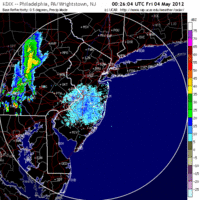
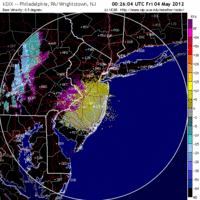
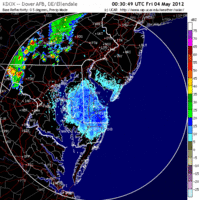
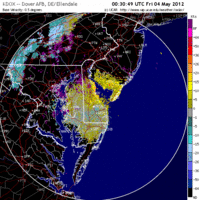
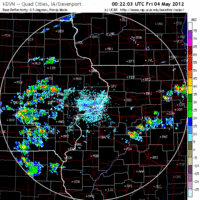
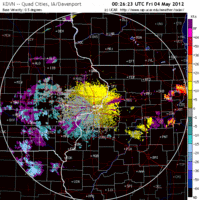
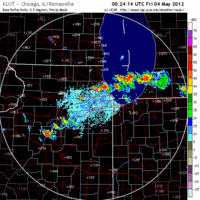
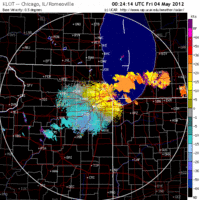
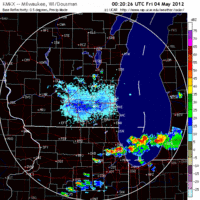
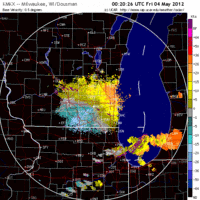
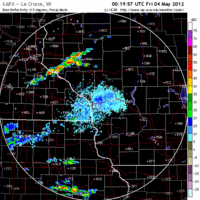
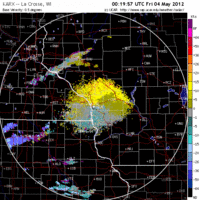
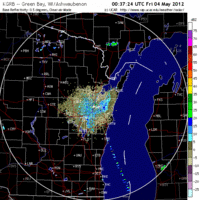
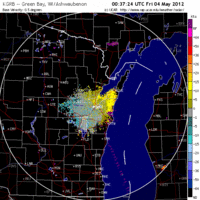
3 responses to “Round three: the northward march continues”
Well, it looks like both my gut and my brain were right 😉
Sandy Hook has been experiencing an awesome fallout today, and Garret Mountain is also producing 20+ spp. of warbler and a RED-NECKED PHALAROPE (which has since expired) on Barbour Pond…. WOW! Interestingly, the diversity of the migrant wave was very similar to that which we experienced here in Wisconsin two nights ago: huge numbers of RBGR, BAOR, WTSP, BTNW, BAWW, and then a great diverse mix of everything else… lends some credence to the ‘broad front’ hypothesis of migration, doesn’t it?
In Hunterdon Co, NJ I was getting hundreds of flight calls an hour in the early evening, but then drizzle shut everything down after 11. This morning we had a huge warbler day (23 species) at Spruce Run and nearby Voorhees State Park including locally scarce migrant Cape May Warbler and hundreds of Yellow-rumps.
[…] the first on April 11. ———- The heavy migration forecast at Dave La Puma’s Woodcreeper.com site was accurate on a localized basis. Birds were spread out over the Morris/Somerset area […]